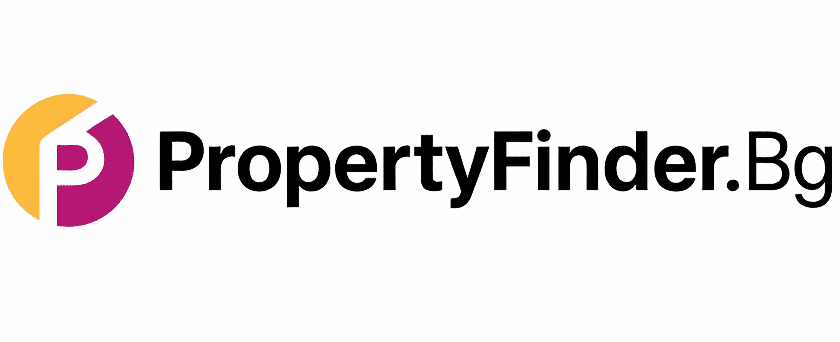The short-term rental market in Greece, dominated by platforms like Airbnb and Booking, is undergoing significant changes. Starting in 2025, new, stricter regulations will come into effect, impacting thousands of property owners, including numerous international investors. The Greek government, in collaboration with the Independent Authority for Public Revenue (AADE), is introducing these measures to regulate the market, combat tax evasion, and address the national housing crisis. If you own or are considering investing in a property for tourist rental, this analysis of the new Airbnb Greece rules is essential reading.
Contents
Key Changes in the 2025 Regulatory Framework
The new legislation, which will be strictly enforced, introduces clear definitions and requirements. A short-term rental is now defined as any property lease for a period of less than 60 days. The main goal of these changes is to ensure greater transparency, tourist safety, and fair competition with the hotel industry.
Mandatory Registration and New Property Standards
Every property offered for short-term rental must be registered in the special Short-Term Rental Property Registry (AMA) maintained by AADE. The registration number (AMA) must be clearly displayed in every online listing.
Effective October 1, 2025, new mandatory standards for properties will also apply:
- Civil Liability Insurance: Every owner must have insurance to cover damages or accidents during a guest’s stay.
- Safety Certifications: A valid certificate from a licensed electrician is required, along with fire extinguishers, smoke detectors, and clearly marked emergency exits.
- Hygiene Standards: A pest control certificate (disinfection and deratization) is mandatory, as is a first-aid kit.
Properties that do not meet basic habitability standards, such as basements without natural light and ventilation, will no longer be allowed on rental platforms.
Limits on the Number of Properties and Rental Days
One of the most significant changes is the introduction of limits for individuals. According to the new Airbnb Greece rules, an individual can rent out a maximum of two properties. If an owner wishes to rent out three or more properties, they must register as a legal entity (a company) and pay the corresponding higher taxes and social security contributions, putting them on par with hotel businesses.
Limits on the maximum number of days a property can be rented out short-term are also being introduced:
- 90 days per year for most regions of the country.
- 60 days per year for islands with fewer than 10,000 inhabitants.
These limits aim to encourage long-term rentals and increase the housing supply for local residents, thereby influencing the short-term vs. long-term rent strategy.
New Taxes and Fees for Owners from 2025
The financial burden on owners is also changing. Understanding the new tax framework is crucial for accurately calculating your profitability.
Rental Income Tax
The income tax rates on short-term rental income for individuals remain progressive but will be more strictly enforced:
- 15% for annual income up to €12,000.
- 35% for income between €12,001 and €35,000.
- 45% for income over €35,000.
For legal entities (owning 3 or more properties), the income is taxed as business revenue and is subject to VAT.
Increased “Climate Crisis Resilience Levy”
The new “climate crisis resilience levy,” which replaced the previous tourist tax, is increasing significantly. Its amount depends on the season and is paid per night:
- March – October (high season): €8 per night for short-term rental properties.
- November – February (low season): €2 per night.
This fee is collected by the owner but charged to the guest. However, it increases the overall price and affects the property’s competitiveness. A thorough understanding of all taxes when buying property in Greece and its subsequent management is vital.
Strict Enforcement and Heavy Fines
The Greek authorities have made it clear that there will be zero tolerance for violators. The Independent Authority for Public Revenue (AADE) and the Ministry of Tourism will conduct widespread inspections. Fines for non-compliance with the new Airbnb Greece rules are substantial:
- Failure to register (no AMA number): Fines of up to €5,000.
- Undeclared income: Fines reaching up to 100% of the hidden revenue, plus the tax owed.
Authorities will use cross-referenced data from platforms, bank accounts, and credit card payments to identify offenders.
What Does This Mean for Investors?
The new regulations make the market more transparent and secure, but also more restrictive and costly for owners. This is a critical factor to consider in any analysis of the Greek property market. Investors must carefully calculate all new costs—insurance, certifications, higher taxes—and weigh them against potential income under the new occupancy day limits. The professionalization of the sector will weed out casual players and reward those who approach their investment seriously and comply with the law.
You might also like:
- Property in Italy for 1 euro – how does the scheme work?
- Investing in Dubai: Beyond the glamour – the real risks for your Palm apartment
- The BRRRR Strategy in Europe: A Complete Guide for Investors (Buy, Rehab, Rent, Refinance, Repeat)
This post is also available in: Български







